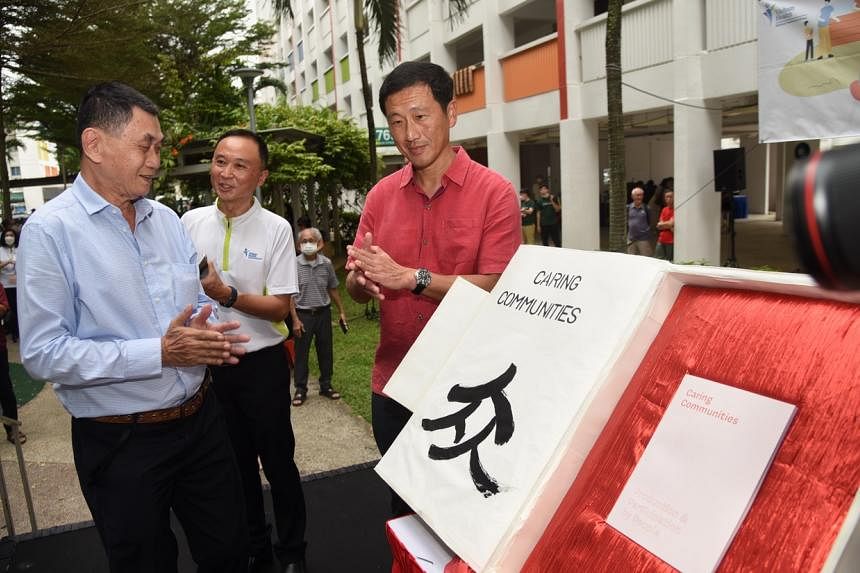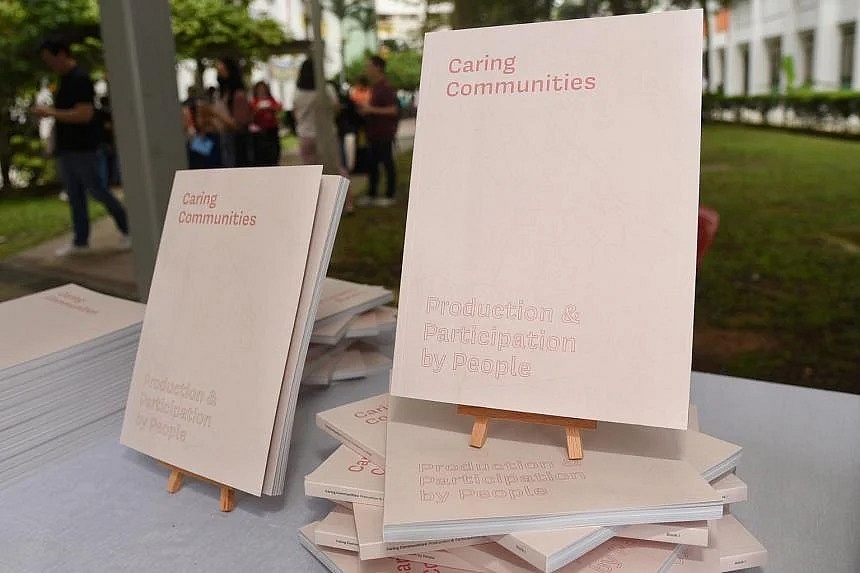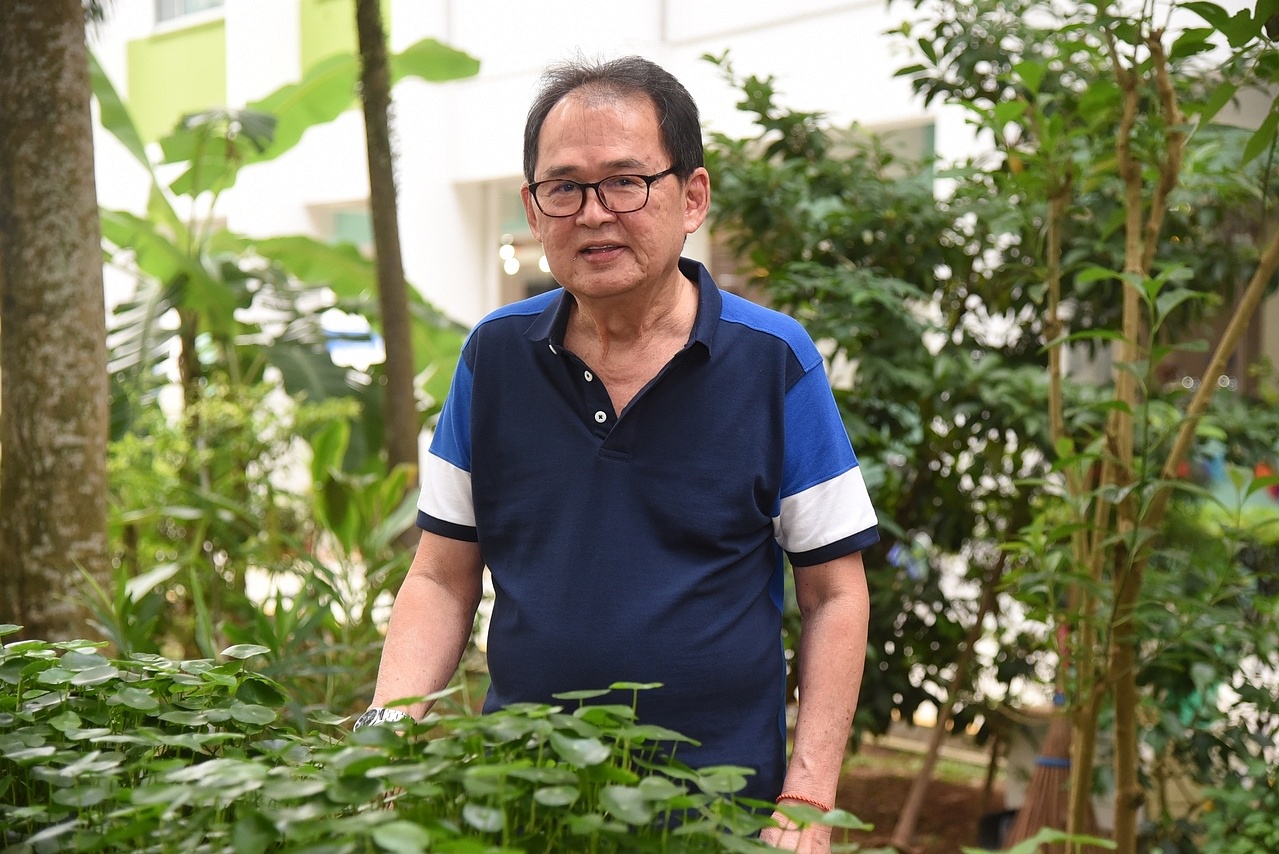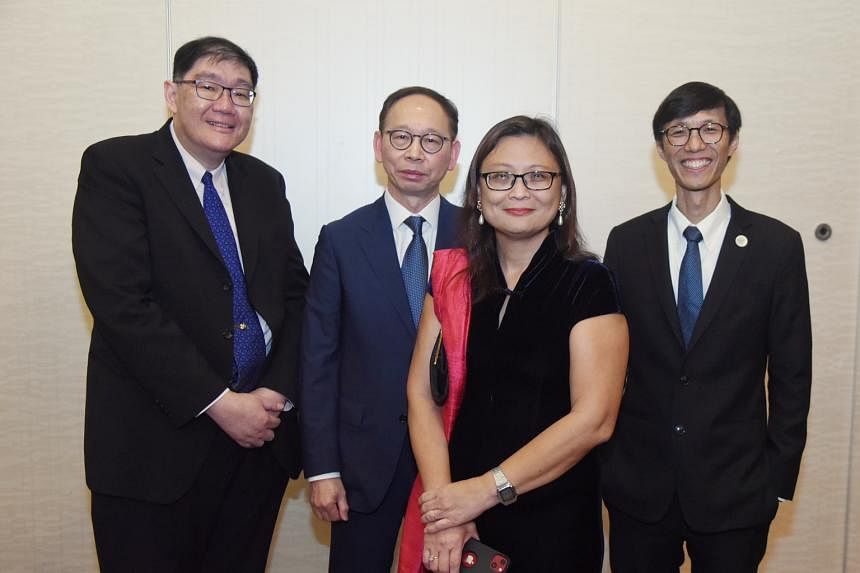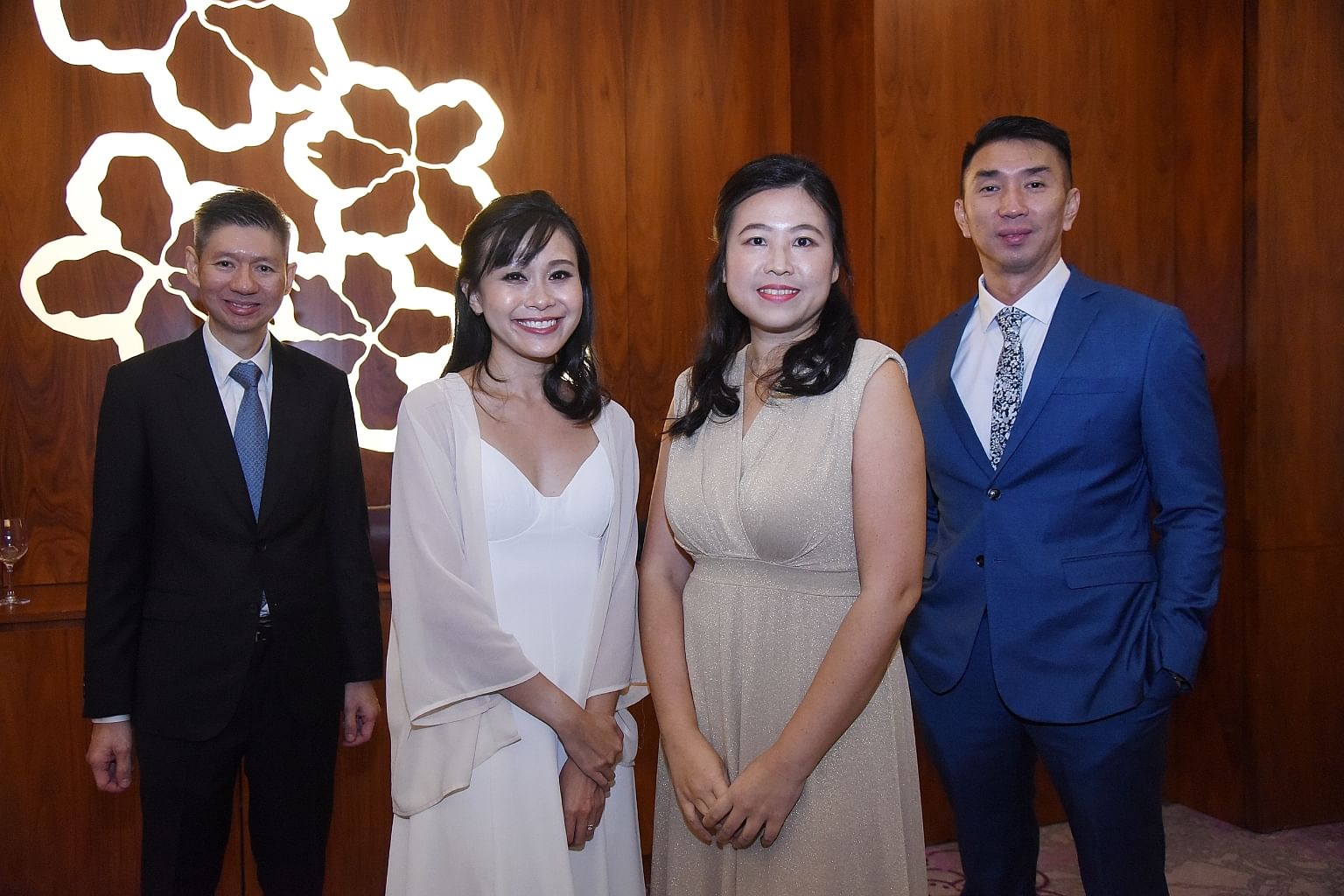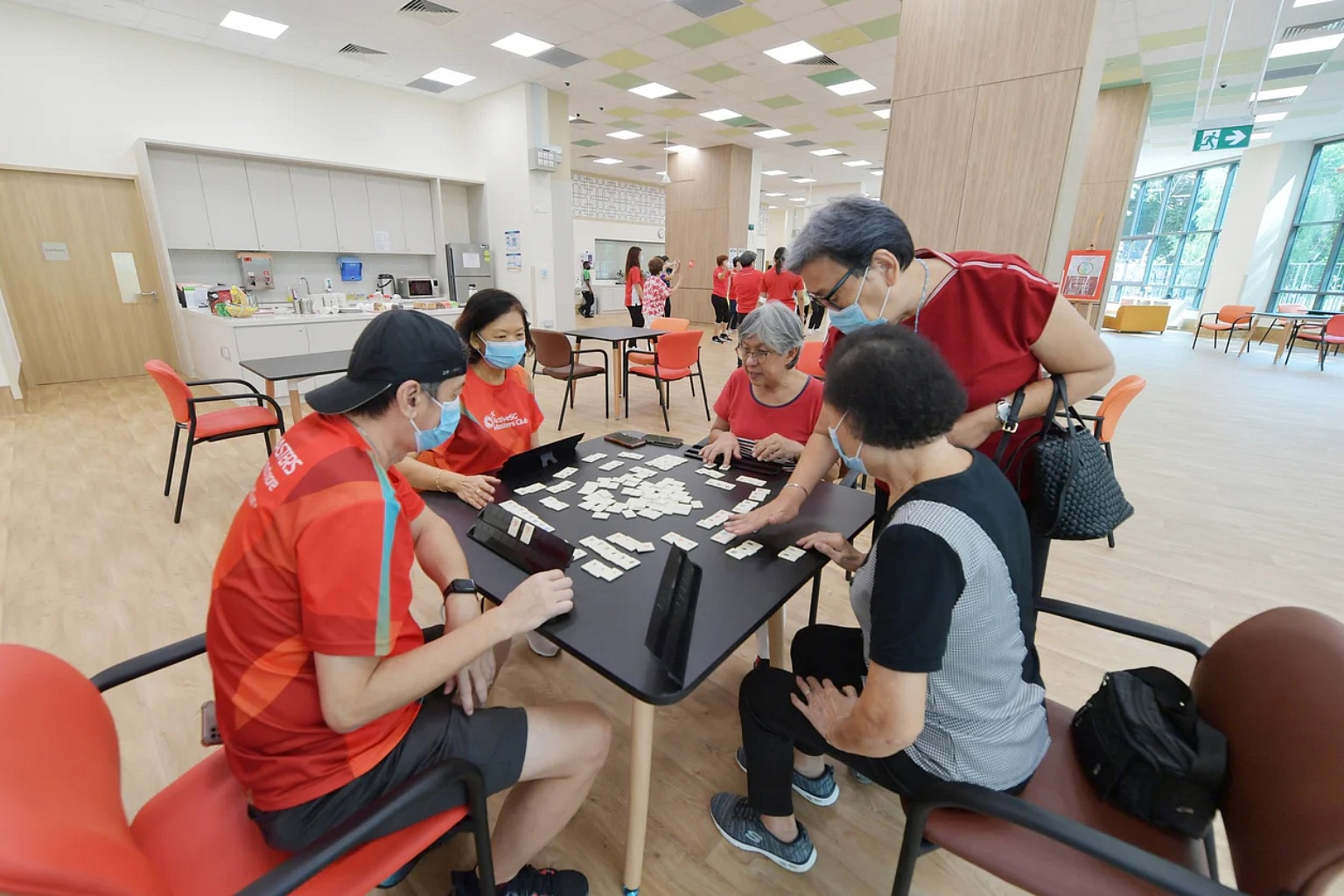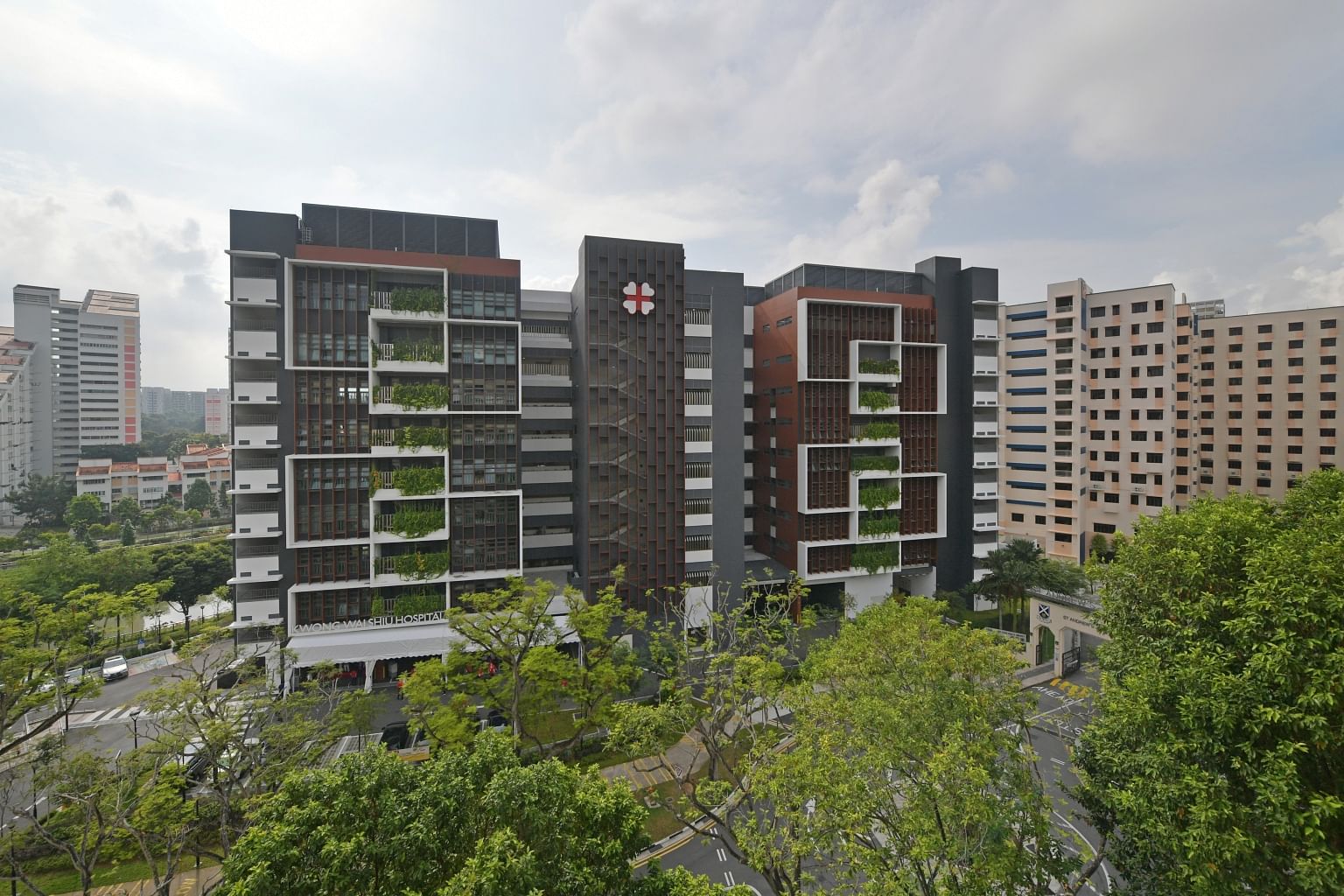- Joined
- Jul 14, 2008
- Messages
- 89,959
- Points
- 113
Ethnic self-help groups still vital as they customise support for beneficiaries: PM Lee
1 of 2
CDAC offers mentoring support, tuition programmes and financial aid to low-income families. ST PHOTO: GIN TAY

Jean Iau
PUBLISHED
SEP 18, 2022, 2:44 PM SGT
FacebookTwitter
SINGAPORE - Ethnic-based self-help groups such as the Chinese Development Assistance Council (CDAC) are still an important source of aid for low-income families as they are able to customise programmes most relevant to their beneficiaries.
Speaking at CDAC's 30th Anniversary Open House on Sunday, Prime Minister Lee Hsien Loong said that from time to time, people ask why these ethnic groups, which also include Mendaki, Singapore Indian Development Association (Sinda) and Eurasian Association, are still relevant to Singapore's multiracial society.
PM Lee explained that while the Government provides assistance to low-income families regardless of ethnicity, these self-help groups – which are funded by the Government and community donations of 50 cents to $3 per worker each month – are able to provide additional support and address issues without raising racial or religious sensitivities.
These groups also provide a vehicle for more well-off Singaporeans to support members from their own communities, said PM Lee at CDAC's headquarters in Tanjong Katong.
He added: "It is a very natural human impulse, and it strengthens the bonds between members of the community. It builds a sense of self-reliance and pride in the community, which complements their Singapore identity."
Looking ahead, self-help groups such as CDAC, which benefits close to 18,000 households, will help with social mobility even as Singapore's economy becomes more developed and economic growth is harder to come by, said PM Lee.
He was speaking as the guest of honour at the open house, which was also attended by Minister for Health Ong Ye Kung and other MPs.
About 650 members of the public attended the open house where activities like balloon sculpting, badge making and pebble painting were enjoyed by families despite the rain on Sunday morning.
CDAC, established in 1992, offers mentoring support, tuition programmes and financial aid to low-income families.
Last year, 17,700 households benefited from its programmes and support. This is down from 18,600 households in 2020 and a slight increase from the 17,000 in 2019.

PM Lee Hsien Loong touring the activities at the CDAC 30th Anniversary and Headquarters Open House 2022. ST PHOTO: GIN TAY
This year, its tuition programme has run classes for 5,000 students, and its bursary with the Singapore Federation of Chinese Clan Associations has spent almost $3 million on more than 7,000 students to help them with their education.
Executive director of CDAC Tan Yap Kin told the media the council will roll out more initiatives next year, including weekly play-based learning for 100 children aged five and six years old that allows them to build models using sustainable materials at their own pace.
CDAC will also increase its use of technology for education, such as programmes with artificial intelligence to help students research topics and improve their grammar and sentence structure.
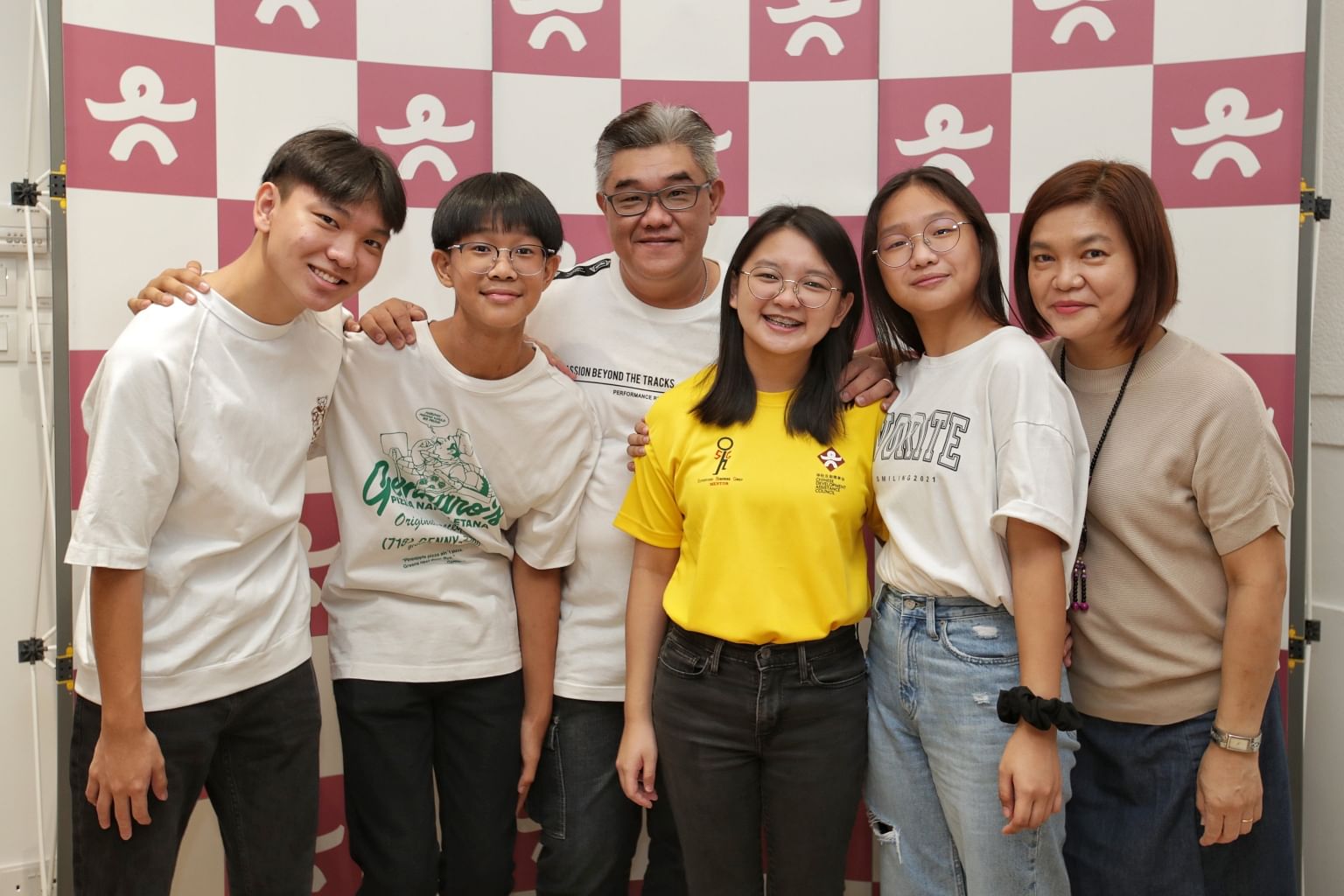
Ms Jolin Toh (in yellow), a nursing undergraduate, on the Chinese Development Assistance Council's programmes, which have benefited her family. She is seen here with her family. ST PHOTO: GIN TAY
Ms Jolin Toh's household is among those that have benefited from CDAC's initiatives.
The 20-year-old nursing undergraduate at Singapore Institute of Technology attended tuition and character-building classes and now volunteers with CDAC.
Her three younger siblings, aged 13 to 18, also benefit from CDAC's programmes while her mother, telemarketer Mandy Teo, 48, attends classes on managing finances and parenting skills.
Ms Toh said of the programmes: "They teach you life values that can go a long way. For instance, resilience or giving back to society because it gives you opportunities to guide younger people so that you feel like you're giving back and want to do more for others."

